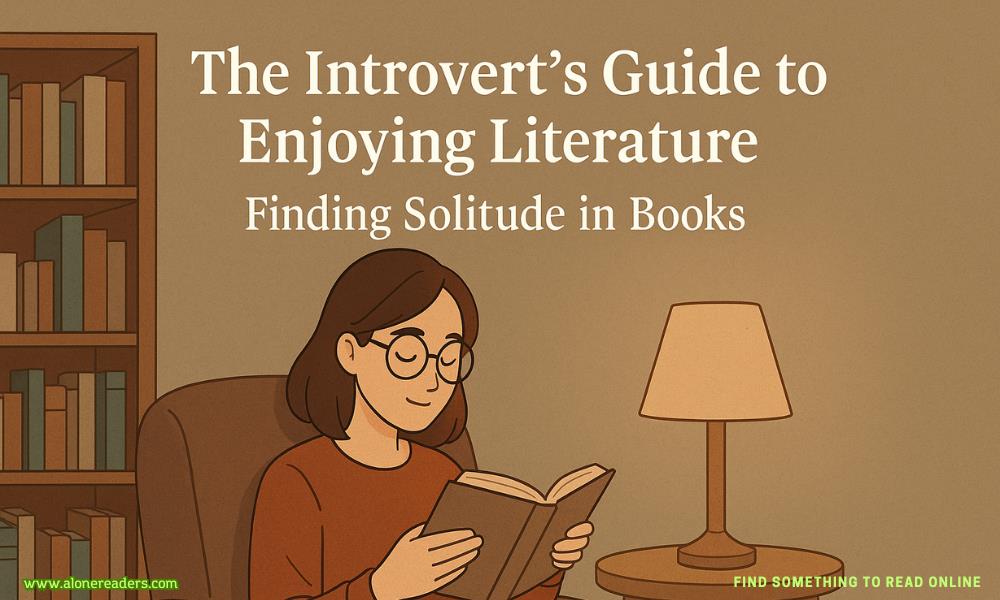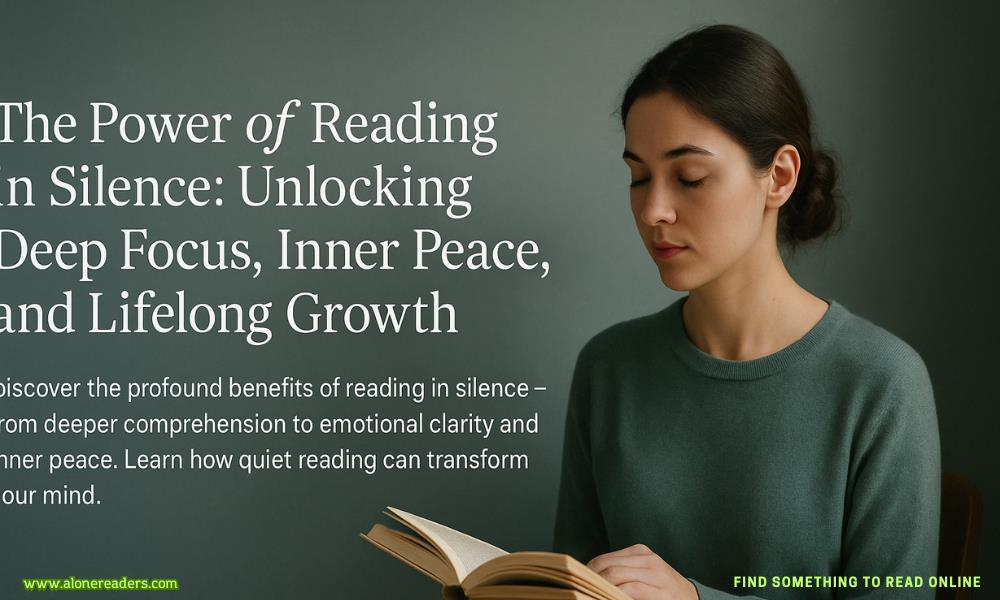Page 90 of Broken Country
He turned up at the farm, out of the blue, one afternoon.
My father answered the door and came back into the kitchen, his face full of meaning. “It’s Gabriel,” he said.
I went out into the yard to talk to him, shutting the front door behind me. At first, we just stood there, watching one another. It was the first time I’d seen him in months.
“I need to ask you something,” he said, eventually. “But you won’t like it.”
“Go on,” I said.
“I’d like to tell Leo that Bobby was his brother. I think it might help him process what happened if he understood why Frank did what he did. The worst thing for Leo is knowing Frank is in prison when he feels it should be him.”
Ours was a complicated tale with many pieces to fit together. All of us were to blame in some way—Gabriel and me, Frank, Leo, and Jimmy too. Everyone played a part in the tragedy.
And everything was about Bobby, really, when you dug deep enough.
Gabriel and Leo visited Frank every week and for a whole hour they would talk about Bobby. It hurt Frank to begin with, spending time with the man who had briefly stolen his wife. Recounting memories of days on the farm with Bobby. Telling Leo exactly what had happened on the day of the accident. And why he felt responsible. But slowly, he began to look forward to it. Slowly, he began to heal. And Leo finally understood what had driven Frank to make his noble, foolish gesture. Saving Leo was really a way of saving himself.
One Sunday on our phone call, Frank said: “I’m ready to let him go.”
He could have been talking about Jimmy, but I knew he wasn’t.
“Aah,” I said, though it was more an outlet of emotion than an actual word. Sadness or gladness, both probably.
That night, I began to write a poem for Frank, the first time since Bobby died I’d felt the urge to put pen to paper. I thought it was going to be about Grace and our new beginning, but it wasn’t, in the end.
Gabriel’s novel came out a year after the trial; I thought it a rather sad book. There was nothing of him and me in it, the girl and boy we had been when he first had the idea, but it was tinged right the way through with yearning and regret, a quest for second chances. That did belong to us. I worried the adverse publicity around our affair would affect his career, but it didn’t turn out like that at all. Scandal and notoriety are good for book sales, it seems.
Gabriel and Leo are living in California now. Leo is at an American high school. He writes me postcards about baseball and burgers, and he sent Grace an LA Dodgers T-shirt for Christmas. She refuses to take it off. Leo is seventeen now and from the occasional photos Gabriel remembers to send, every bit as handsome as his father was when I first met him.
Sometimes, when I’m out walking with Grace, we pass by Meadowlands on our way to the woods. There’s a spot in the road where you can see through the trees and have an almost perfect view of the lake. I stand there for a moment remembering the girl and boy who once fell so passionately in love. They don’t feel like Gabriel and me anymore. Their innocence as they swam among the water lilies and brewed coffee on a camping stove believing themselves creatures of great fortune is too poignant, and I cannot contemplate them for long.
Not so long ago, Leo made a noble gesture of his own: He went to visit Nina. He didn’t ask our permission for the tale he told her, although he did swear her to secrecy before he began. No one needs Frank facing a new sentence for perjury.
I was in the yard hosing down my wellies when Nina turned up. I watched in amazement as she got out of her car, even more astonished when she stood up and I saw her swollen belly. She was seven months pregnant. I’d heard tell of the new man Nina had met in the Compasses one night—an accountant of all things, with an office in Salisbury.
“I know,” Nina said.
I didn’t need to ask her what she knew: Her face said it all.
“Frank’s story never made any sense. I’m sorry I hated you.”
“You were right to.”
We embraced for a long time, both of us crying.
Nina had a little girl. And although her daughter belongs to another man, not Jimmy, I can’t help but feel there’s a symmetry to that. Too much has happened for Nina and I to ever recover a friendship but, who knows, perhaps our daughters will become friends one day. Jimmy would like that, wherever he is. Bobby too. He always did adore Nina.
Grace is halfway down the field now, murmuring to her ewes just as Bobby did and her uncle, Jimmy. I once told Grace her brother used to have names for all the sheep, so she does the same thing. Bugs Bunny. Madame Butterfly. Mavis. I hear her gently chastising Mavis for taking too long. “Would you have us wait all day, Mavis?”
Beyond Grace I catch a flash of navy blue. A man has arrived at the bottom of our field. I watch him place a hand onto the fence and hoist himself over in one go, swift and effortless. Frank looks tall and strong in the wedding suit, walking in his own land, home to me, to Grace, to the start of another day. I knew he was coming out soon, but not this soon. He always did say he wanted to surprise us.
“Do you see that man walking up the field?” I call to Grace, and she stops to look.
Shields her eyes like Little Bo-Peep. “Who is it?”
“Can’t you tell?”
She has a photograph of Frank on her bedroom wall. She always wishes him good night, the last thing she does before she falls asleep.
- Her Desert King by Marian Tee
- A Wife's Duty by Sam Crescent
- The Gift that Keeps On Giving by Jessa Kane
- Hard Hearts by Ella Goode
- Obsidian Devotion by Sylvia Rae
- Sold to the Single Daddies by Summer Haze
- Coast by Jessica Gadziala
- Jezebel's Liberation by Lacy Rose
- A Touch of Fate by Cora Reilly
- Relentless Knight by Lisa Cullen
- The Cheerleader by Jade Marshall
- With this Ring by Sierra Cartwright
- Axel by Kelly Finley
- Ice Cold Liar by Cynthia Eden
- Her Daddies' Everything by Laylah Roberts
- Bound By Lust by Rose Marie







